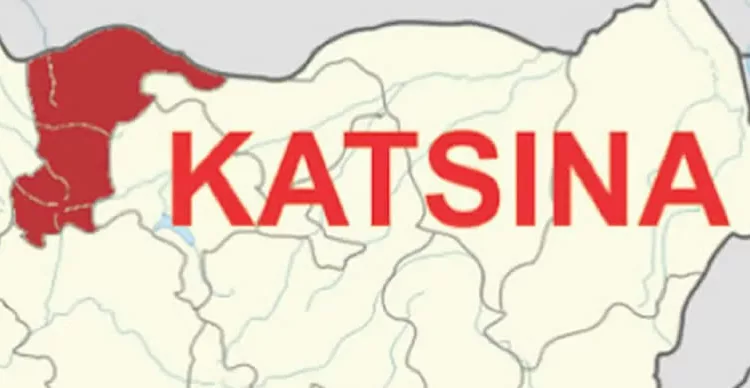Katsina State, renowned for its cultural and historical heritage, is grappling with a severe healthcare crisis, particularly in rural areas where access to quality health services is severely limited. Many communities are suffering due to the deteriorating condition of health facilities, leaving residents in dire need.
This report sheds light on the alarming situation in the state, where some communities endure substandard healthcare services, uncovering the root causes of the crisis, its impact on the people, and the urgent need for intervention.
According to statistics, Katstina has over 1,900 public health facilities, including two tertiary hospitals and 34 comprehensive health facilities. Most of these facilities are focused on primary healthcare, which is essential in serving the widespread rural population.
However, despite the large number of facilities, only 10 of them function as learning sites for Quality of Care (QoC), and 12 functional laboratories. This means that just a few centres are equipped for high standards of care, and serve as training grounds for healthcare professionals. The rest of the facilities, while numerous, lack the resources and expertise needed to consistently deliver high quality services.
In essence, many facilities lack basic medical equipment, essential drugs, and trained personnel. The shortage of healthcare workers has worsened the situation, with some facilities operating with just one or two staff members to serve large populations.
The consequences are devastating. Patients are often forced to travel long distances for basic healthcare, leading to delays in treatment and worsening health conditions.
The mortality rate, particularly among women and children, is distressingly high.
Residents are pleading with the government to address the poor state of healthcare facilities. Without urgent intervention, the situation risks becoming a humanitarian crisis.
A visit to the Barda Murtala community in Kayauki ward, Batagarawa local government, revealed that access to quality healthcare has become a luxury. The only primary health facility lacks basic amenities, leaving residents to suffer in silence.
The health facility is severely understaffed, with only one health worker and two casual staff managing over 30 patients daily. Most patients are treated for malaria, cholera, and other illnesses on makeshift mats due to a lack of beds.
Lawal Sani, the health worker in charge, expressed concern over the inadequate facilities and resources.
“We lack basic amenities like beds, toilets, and essential drugs. The government only provides malaria drugs and test kits; we have to buy other necessary items ourselves,” he said, calling on authorities to take responsibility and provide proper healthcare infrastructure.
The community leader, Mahammadu Sani, echoed the call for urgent intervention, pointing out the facility’s dilapidated structure and inadequate resources. “Our healthcare center, built 17 years ago, has not been renovated. We have tried to get the government’s attention, but all efforts have failed,” he said.
In nearby Dan-Iyau, a healthcare facility has been abandoned for years, and the land is now used for farming. Residents are also appealing to the government to rehabilitate the structure and restore essential healthcare services.
Governor Umaru Radda has committed to improving healthcare by strengthening facilities and building a resilient primary healthcare system that is responsive to every resident of the state.
“Our focus is to build a resilient primary healthcare system that is responsive to every resident of the state. We have strategically increased funding for healthcare by over 800%, reaching a total of N3.77 billion between June 2023 and April 2024.
“This fund is channeled into various areas, including human capital development, primary healthcare, medical oncology, pediatrics, and scholarships for medical students.
” We also provide allowances worth N100 million to 510 medical students both at home and abroad. Additionally, we have provided 10 container trucks of medical supplies worth $10 million from the World Relief headquarters in Michigan, including MRI and CT scans, as well as other essential medical tools”, he said.
While the people of Katsina deserve access to quality healthcare, it remains to be seen whether these efforts will bring much-needed change
to the state’s healthcare system.





